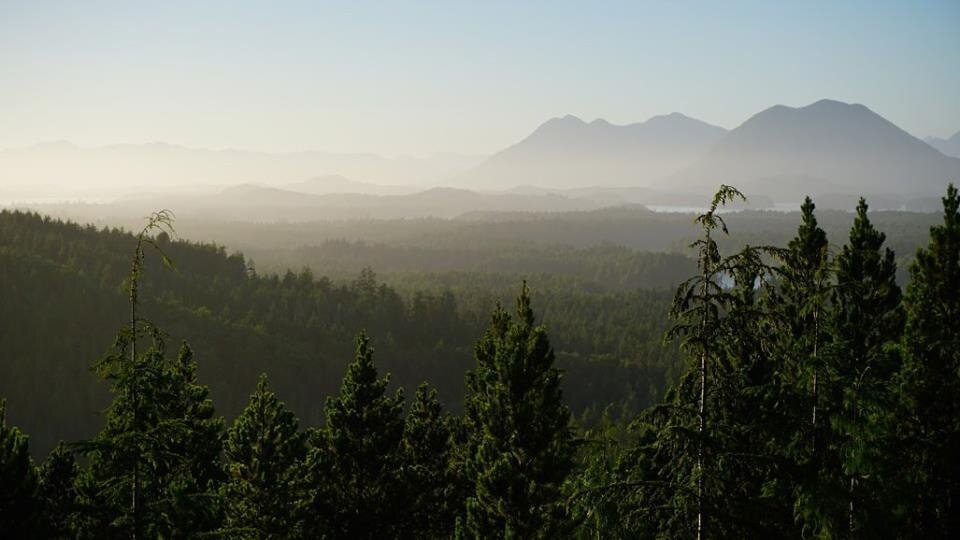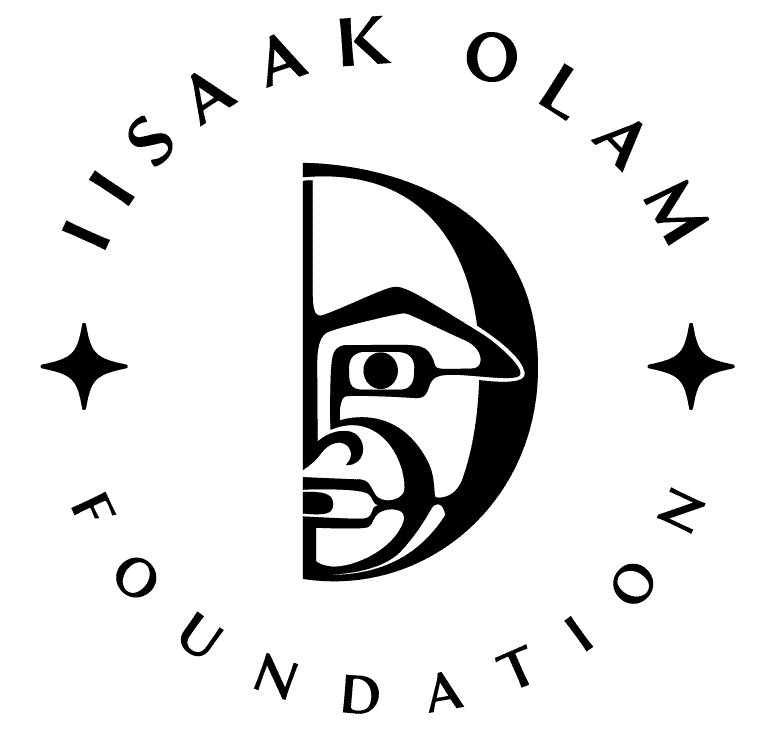W̱SÁNEĆ and Lekwungen Territories, Victoria, BC
By Eli Enns & Andew Paul, IISAAK OLAM Foundation | Published by the Canadian Science Policy Centre on May 2, 2020
Bare shelves at the grocery store. A nationwide rush on toilet paper. Businesses shuttered, millions of Canadians laid off work, and a massive and unprecedented public relief program announced by the federal government.
Truly, this is a remarkable moment in history.
We acknowledge that people are hurting, and people are scared. The COVID-19 pandemic continues to bring suffering and great upheaval around the world, especially to disadvantaged communities who lack access to universal healthcare, clean water, and other necessities of life that many in Canada take for granted.
There is also much that society can learn from Indigenous Peoples at this time.

Photo © Jeremy Williams
COVID-19 affects everyone. People in Canada and around the world face drastic changes to their daily routines. The current crisis invites us as Canadians and global citizens, to reflect on the social and economic systems that we have all too often taken for granted, and to collectively ask ourselves some core questions:
– Why are our social and economic systems structured the way they are?
– Whose interests do these systems serve?
– What are the alternatives?
COVID-19 exposes the vulnerability and lack of resilience of the current world economic system. In Canada, our staples economy has long depended on raw resource extraction and global trade circuits to provide the necessities of life such as food. At few times in recent history has this dependency appeared so fragile. We are reminded that we cannot eat timber, oil, natural gas, or the myriad minerals that are mined in Canada. What’s more, industrial practices have fragmented and degraded natural ecosystems across Canada, which have been stewarded for abundance by Indigenous Peoples for generations out of mind. Even formerly abundant Pacific salmon fisheries are threatened by industrial fishing, open-net fish farms in the ocean, and deforestation in the watersheds.
As a society, in Canada and globally, we are faced with a choice. We can collectively choose to throw money and energy into shoring up the old broken economic system, bailing out fossil fuel companies, airlines, and other big polluters, in an effort to get ‘back to normal.’ That would be a tragedy and a missed opportunity: ‘normal’ has brought us the biodiversity crisis, the climate crisis, economic inequality, poverty, and the dispossession of Indigenous Peoples’ lands.
Alternatively, we can collectively seize this opportunity to begin shifting our society into new economic models that promote resilience, abundance, and well-being of both ecosystems and human communities.
One model that is leading the way in Canada is Indigenous Protected and Conserved Areas (IPCAs). According to the Indigenous Circle of Experts for the Pathway to Canada Target 1, IPCAs are “lands and waters where Indigenous governments have the primary role in protecting and conserving ecosystems through Indigenous laws, governance, and knowledge systems.” Reflecting the Indigenous value of interconnection between human communities and all life, IPCAs are also models for sustainable community development and land relationship planning at a watershed level.
As models for collaboration and reconciliation on the landscape, IPCAs are uniquely positioned to promote greater resiliency to disruptions such as the COVID-19 pandemic. IPCAs embody the principles of Ethical Space, drawing on the best of Indigenous knowledge and western science to develop sustainable and locally adapted solutions.
COVID-19 is not the first pandemic Indigenous Peoples in Canada have faced. After Europeans first set foot on Turtle Island, successive waves of smallpox, influenza, and other diseases decimated an estimated 90% of the Indigenous population, a demographic disaster on a global scale. The experience of pandemic is embedded in Indigenous knowledge systems. In Tla-o-qui-aht Nation territory on the west coast of Vancouver Island, the Ha’uukmin Tribal Park protects a hidden valley where, five generations ago, the people took refuge from the ravages of smallpox and other European diseases. Many Indigenous Nations have emphasized the need to protect these places of refuge in case the people need to quarantine again.
However, IPCAs do more than just protect these places of refuge. They also foster human relationships with these places. IPCAs are poised to become foundational elements renewed local economies based on stewardship for abundance and essential economics: things like clean water, clean air, and healthy food, reducing dependence on global markets controlled by huge transnational corporations. Unlike industrial resource extraction, the emerging IPCA economy is planning for long-term benefit, not only for the present generation, but for the grandchildren’s grandchildren.
In conclusion, COVID-19 presents a rare opportunity to take stock of our social and economic systems. We can choose to become stronger and emerge from this crisis into a resilient future informed by the holistic values of Indigenous economics. Now more than ever, Canada needs a well-connected network of IPCAs stewarded for abundance that provide safe refuge and support resilient local economies, especially the essential economy upon which humans and all life depend: clean water, clean air, clean food.

